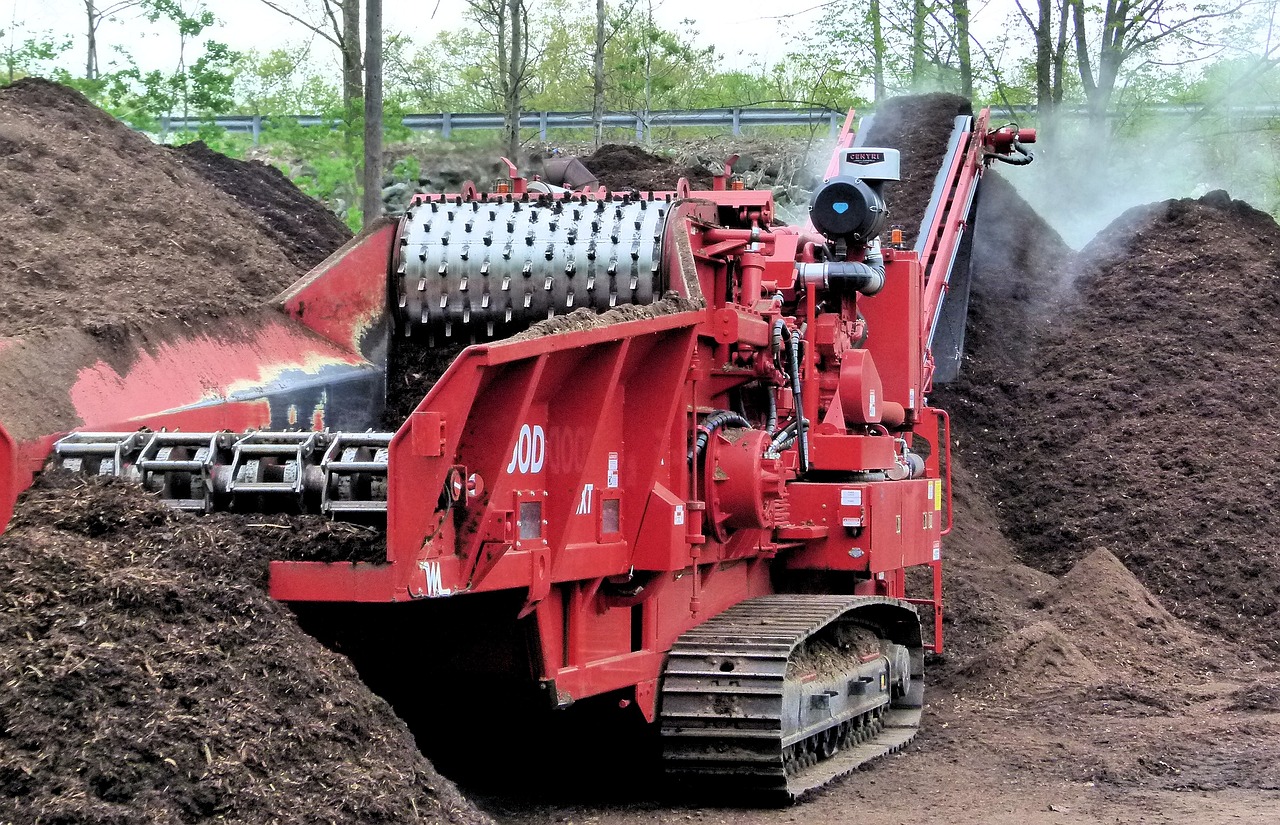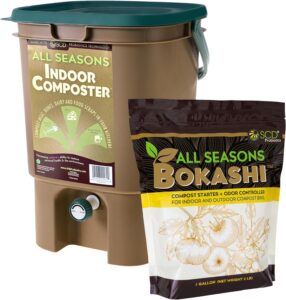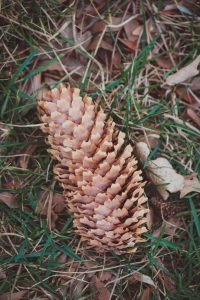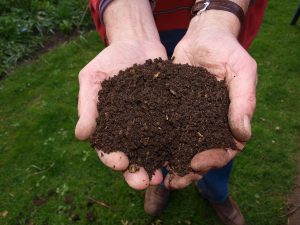In our journey towards a greener lifestyle, we’ve often wondered if onion peels can contribute to our compost bins. Good news – they can! Onion peels are not only biodegradable but also rich in nutrients that enhance soil health. Integrating onion peels into our composting routine is an easy, eco-friendly practice. With a few simple steps, we can ensure that these often-discarded kitchen scraps add value to our gardens, paving the way for more robust plants and a cleaner environment. Let’s explore how adding onion peels to our compost can be a valuable and sustainable choice. Have you ever found yourself mid-cooking and wondered, “Can I compost onion peels?” It’s a common question among those of us who are eager to give our kitchen scraps a second life in our compost heaps. Today, let’s delve into this topic, explore the benefits and potential drawbacks, and discover the best practices for composting onion peels.
The Basics of Composting Onion Peels
Before we get into composting specifics, it’s important to understand why onion peels often raise questions. Onion peels, along with other vegetable skins, are organic material, which means they can technically be composted. However, given their strong odor and acidic nature, they do require certain considerations to ensure they benefit rather than harm our compost piles.
Why Onion Peels?
Onion peels are rich in nutrients and can be a valuable addition to our compost. They contain phytochemicals like quercetin, a potent antioxidant, and are a good source of minerals. Despite these advantages, they are often a source of hesitation due to their pungent smell and the potential to attract pests.
The Hesitation: Odor and Pests
Many of us might have heard that adding onion peels to our compost pile can make it smell unpleasant or attract unwanted pests. This is partially true if not handled properly. The strong odor of onion peels can, indeed, become overpowering if we don’t balance our compost pile correctly. Additionally, if left exposed, onion peels might attract insects or animals.
How to Compost Onion Peels Effectively
To responsibly compost onion peels, we need to consider several factors. It’s all about balance and practice.
Balance Carbon and Nitrogen
The key to any successful compost pile is maintaining a good balance of carbon and nitrogen, often referred to as “browns” and “greens.” Onion peels fall into the “greens” category, meaning they are rich in nitrogen. We need to pair them with ample amounts of carbon-rich materials like dry leaves, straw, or cardboard to maintain this balance.
| Type of Material | Example |
|---|---|
| Greens (Nitrogen) | Onion peels, vegetable scraps, coffee grounds |
| Browns (Carbon) | Dry leaves, straw, cardboard, newspaper |
Chop the Peels
Another effective way to compost onion peels is by chopping them into smaller pieces. Larger pieces take longer to break down and increase the chance of unpleasant odors. By chopping the peels, we speed up the decomposition process and minimize any potential smells.
Bury the Peels
To reduce odor and avoid pests, it’s a good practice to bury the onion peels deep within the compost pile. A good rule of thumb is to cover them with at least 6 inches of browns. This not only masks the smell but also incorporates the onion peels into the compost effectively.
Avoid Adding Too Many
It’s important not to overdo it with onion peels in our compost. While they can be beneficial, too many can throw off the balance and make managing the compost more challenging. Ideally, onion peels should make up a small percentage of our overall compost material.

The Composting Process Breakdown
Let’s walk through what happens when we compost onion peels, step-by-step. Understanding this process helps us appreciate the importance of balance and proper management.
Step 1: Preparation
We should begin by gathering our onion peels along with other kitchen scraps. At this stage, we can chop the peels into smaller pieces to aid in their decomposition.
Step 2: Balancing
Next, ensure we have a good mix of browns and greens. For every bucket of kitchen scraps (greens), we should aim to add roughly twice as much brown material.
Step 3: Layering
In the compost bin, it’s beneficial to layer the materials. Start with a base of coarse browns like straw or sticks to aid aeration. Follow this with a layer of greens, including our chopped onion peels, and top off with another layer of browns. Continue layering as you add more materials.
Step 4: Maintain and Turn
Turning the compost pile regularly helps aerate it, speeding up the decomposition process. This is where proper balance pays off. A well-balanced pile will heat up, indicating active decomposition. If it’s not heating up, we may need to adjust our green-to-brown ratio.
Step 5: The Final Product
With regular turning and proper balance, our compost pile should turn into rich, dark compost in a few months. This nutrient-rich compost can then be used to enrich our gardens, providing valuable nutrients to our plants.
Addressing Common Concerns
Even with these tips, several common concerns about composting onion peels may arise. Let’s address a few of these to bolster our composting confidence.
Will It Smell Bad?
A well-maintained compost pile should not emit a foul odor. If our compost pile smells bad, it usually indicates an imbalance. Adding more browns and turning the pile more frequently can help mitigate odors. Remember, burying onion peels beneath a layer of browns is key.
Will It Attract Pests?
Pests are less of a concern if the compost is managed well. Burying the onion peels and other kitchen scraps helps keep pests at bay. If we are experiencing frequent pest issues, we should ensure we are not adding meat, dairy, or oily foods, which are notorious for attracting animals.
Can Onion Peels Affect Plant Growth Negatively?
Properly composted onion peels break down into valuable nutrients that can benefit plants. However, if we add too many onion peels without balancing our pile, we could end up with compost that is too acidic, which might affect sensitive plants. Moderation and balance are key.

Benefits of Composting Onion Peels
With concerns addressed, let’s revisit the benefits that onion peels bring to our compost.
Nutrient-Rich Compost
Onion peels enrich our compost with nitrogen, contributing to robust and fertile soil. This nutrient-packed compost helps our plants grow healthier and more vibrant.
Waste Reduction
By composting onion peels, we reduce kitchen waste and contribute to a more sustainable lifestyle. Each peel that goes into our compost is one less item contributing to landfill mass.
Cost-Effective Gardening
Producing our own compost reduces the need to purchase commercial fertilizers. Our garden benefits from a steady supply of natural, homemade compost, saving us money and ensuring we know exactly what’s going into our soil.
Alternatives to Composting Onion Peels
If we find that composting onion peels is not suitable for our composting setup, there are alternatives that can still ensure they do not go to waste.
Vermiculture (Worm Composting)
Another excellent option for composting onion peels is vermiculture, or worm composting. Here, we use worms to break down organic material. Red wigglers are especially efficient at this task. However, keep in mind that worms can be sensitive to the strong smell and acidity of onion peels. To avoid any issues, we should add onion peels in small quantities and ensure they are well-mixed with other materials.
Bokashi Composting
Bokashi composting is a fermentation process that allows us to compost all types of kitchen scraps, including onion peels. This method involves fermenting the scraps with a special bran containing microorganisms. After fermenting, the material can be buried in the soil to finish breaking down. Bokashi is a great alternative for those of us who want to compost a wider range of materials.
DIY Fertilizer
Onion peels can also be used directly as a natural fertilizer. By steeping the peels in water for a few days, we can create a nutrient-rich liquid fertilizer. This homemade fertilizer can be diluted and used to water our plants, giving them a quick nutritional boost.

Conclusion
So, can we compost onion peels? Absolutely! With a mindful approach, onion peels can be a fantastic addition to our compost piles. By balancing greens and browns, chopping and burying the peels, and maintaining our piles properly, we can avoid common pitfalls like odor and pests.
Composting not only reduces waste but also transforms kitchen scraps into valuable, nutrient-rich compost that benefits our gardens and the environment. With the knowledge and tools discussed in this article, we can confidently compost our onion peels and contribute to a more sustainable and eco-friendly lifestyle.
Happy composting!



